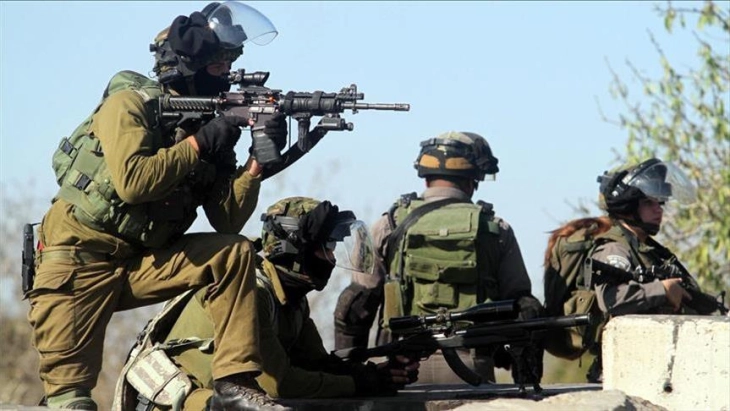Israel says Rafah offensive goals nearly achieved
- The Israeli military says it will soon have achieved its aims in the offensive in Rafah.
- Post By Nevenka Nikolik
- 19:51, 17 June, 2024

Gaza/Tel Aviv, 17 June 2024 (dpa/MIA) - The Israeli military says it will soon have achieved its aims in the offensive in Rafah.
Half of the combat units of the militant Palestinian organization, which governed Gaza prior to the war that broke out in October, have been destroyed, the army said.
Some 60-70% of the territory of the city in the southern Gaza Strip is under the "operational control" of Israeli troops, the army said on Monday.
It would only take a few more weeks before the military operation in the city is completed, the army said.
Israel's army launched the operation in Rafah, which lies on the border with Egypt, at the beginning of May. The declared aim was to dismantle the last Hamas combat units.
The offensive was highly controversial internationally because more than 1 million Palestinians were in Rafah at the time. Most of them had fled there from other parts of the Gaza Strip to escape the war. Almost all of these people have now fled from the city to an area to the west, where they are finding it difficult to get supplies.
According to unverified army reports on Monday, Israeli troops killed around 550 Hamas fighters in 40 days of fighting in Rafah. Twenty-two of their own soldiers in the fighting.
In the course of the operation, they found an extensive system of tunnels as well as large quantities of weapons and explosives.
At least 25 underground tunnels are said to run under the border with Egypt. This information likewise cannot currently be independently verified.
By taking control of the so-called Philadelphi Corridor, a narrow strip of land running along the Gaza side of the border with Egypt, Israel has greatly increased its control over what goes in and out of Gaza.
Although Egypt denies it, in the Gaza Strip it was an open secret that goods ranging from everyday necessities to luxury goods were smuggled through tunnels, on which Hamas then levied customs duties.
Photo: MIA archive







